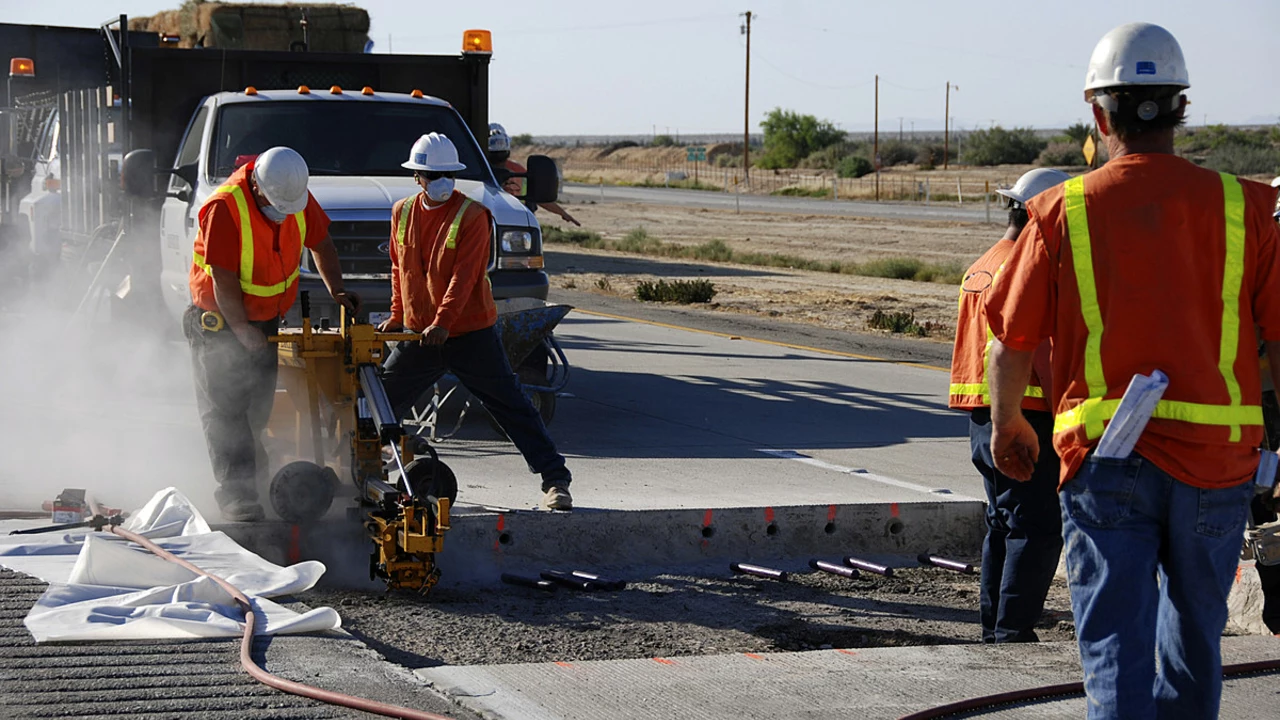The Intricacies of Road Construction
Before we delve into the cost aspects of rebuilding a road, it's important to understand what goes into the process. Road construction isn't as simple as laying down asphalt. It involves careful planning, design, and execution. The process starts with an assessment of the terrain and soil conditions, followed by the design phase where engineers map out the layout and structure of the road. Once the design is finalized, the construction phase begins, which includes excavation, grading, and paving.
Understanding the Cost Factors
There are numerous elements that contribute to the overall cost of rebuilding a road. These factors range from the raw materials used to the labor costs, equipment rentals, and even the administrative expenses associated with the project. The type and size of the road, its location, and the complexity of the construction are also significant contributors to the cost. Let's delve deeper into each of these aspects to get a clearer picture of road construction costs.
Cost of Raw Materials
The cost of raw materials is a significant portion of the overall cost of rebuilding a road. This includes the cost of asphalt, concrete, aggregates, and other materials necessary for the construction. The price of these materials can vary greatly based on the location of the project and the availability of resources, thus affecting the total cost.
Labor Costs
Labor costs make up a considerable portion of the cost to rebuild a road. This includes the wages of the engineers, construction workers, and other staff involved in the project. The cost of labor can vary significantly based on the region, the complexity of the project, and the level of expertise required. Labor costs can also increase if the project requires overtime or work during weekends or holidays.
Equipment Expenses
Another major cost factor is the expense associated with construction equipment. This includes the cost of renting or buying heavy machinery, fuel costs, maintenance, and repairs. The type and amount of equipment required can vary greatly based on the size and complexity of the road project, thus affecting the total cost.
Administrative Costs
Administrative costs are another significant part of the cost to rebuild a road. These costs include the expenses associated with project management, permits, inspections, and other administrative tasks necessary to ensure the project is completed successfully. These costs can vary greatly depending on the size and complexity of the project.
Geographical Factors
The geographical location of the road project can greatly influence the cost. Factors such as terrain, weather conditions, and local regulations can all add to the complexity and cost of the project. For instance, building a road in a mountainous region will likely cost more than in a flat, rural area.
Scale and Complexity
The scale and complexity of the road project is another major determinant of cost. A simple, straight road will cost less to rebuild than a complex highway system with multiple lanes, bridges, and interchanges. The more complex the project, the more resources it will require, which will invariably increase the cost.
Estimating the Cost
With all these factors in mind, it's clear that estimating the cost to rebuild a road isn't a straightforward task. It requires a detailed assessment of all the cost factors and a comprehensive understanding of the project requirements. However, understanding these factors can help you get a rough estimate of the cost.
A Final Word on the Cost of Rebuilding a Road
In conclusion, the cost to rebuild a road can vary greatly depending on a variety of factors. However, by understanding these factors and how they contribute to the overall cost, you can better plan and budget for your road construction project. Remember, it's always better to overestimate the cost and be pleasantly surprised than to underestimate it and get caught off guard.
